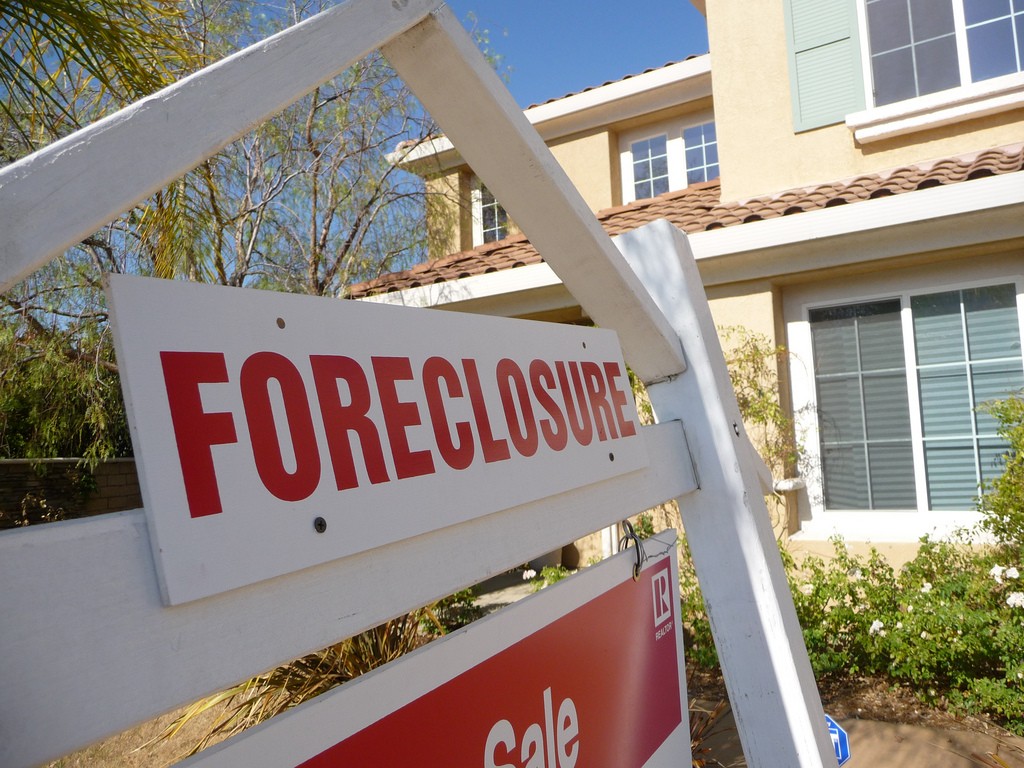Since the mortgage and real estate market melt down in 2008, foreclosures have become common place. As we’ve previously discussed, there are other options to foreclosures that can help satisfy the debt owed to the mortgage company and assist the home owner to get out from under a financial burden. One option is a short sale.
What is a short sale?
A home that is “upside-down”, in other words has a mortgage lien that is more than the current market value, is a candidate for a short sale. Most short sale properties are in foreclosure but not all lenders require foreclosure proceedings to begin before considering a short sale. Unlike traditional real estate transactions, the seller will not leave the closing table with any type of proceeds, typically there will still be an unpaid amount of mortgage remaining after the sale that will be forgiven by the mortgage company. The mortgage company must also approve the terms of the sales contract, specifically the prices and any repairs or repair credits, before it can proceed to closing.
Is a short sale a better option than foreclosure?
There are benefits of working out a short sale with the mortgage company. For the seller, if a short sale is successful it will put a stop to all foreclosure Court proceedings. Also, mortgage companies vary on how they report short sales to the credit reporting bureaus but it won’t affect a person’s credit score as much as a foreclosure would. For buyers, it may allow them to gain access to a more desirable area than they could afford through a traditional purchase. For the mortgage company, it allows them to collect more on the debt than they would have if the foreclosure was completed and then selling the home, which saves them money in legal fees, maintenance costs, and real estate taxes.
What are the drawbacks to a short sale?
Due to the high volume of foreclosures in many states, mortgage companies are notoriously slow when it comes to approving individual short sales. For the seller, this could mean that foreclosure proceedings are still ongoing. A slow approval process could also risk the security of having buyers. For the buyer, a delay in approval can affect their mortgage approval, their proposed mortgage interest rate can fluctuate, even their living arrangements if their prior home is sold before buying the new one. Buyers should also be aware of what is and isn’t going to be repaired by the seller. May short sales are listed “as-is” and some go so far as to require the buyer to obtain all the necessary certifications and inspections at their own cost.
Are there any long term implications?
Aside from credit reporting, a short sale seller will be issued a 1099 form at the end of the year. The seller will be responsible for any taxes owed on the debt left behind after the sale of the property, the difference between the mortgage balance at closing and the actual sales prices. Further, some lenders may attempt to collect on that amount through an action called a deficiency judgment. The only way to avoid a deficiency judgment in the state of Florida is to negotiate that with the mortgage company prior to closing and get an written and signed waiver from an authorized representative.
Just like any other real estate transaction, you should work with licensed and experienced professionals to make the process as smooth and hassle-free as possible. Chris is a Certified Distressed Property Expert having earned his designation from the Distressed Property Institute in Boca Raton, Florida.

[…] Looking for options and solutions to your market hardship? Read the FAQ’s about short sales. […]